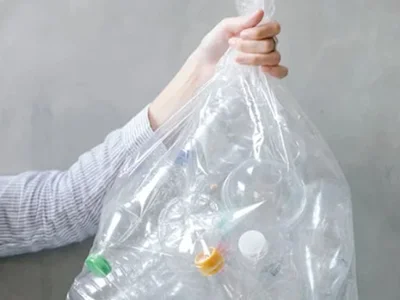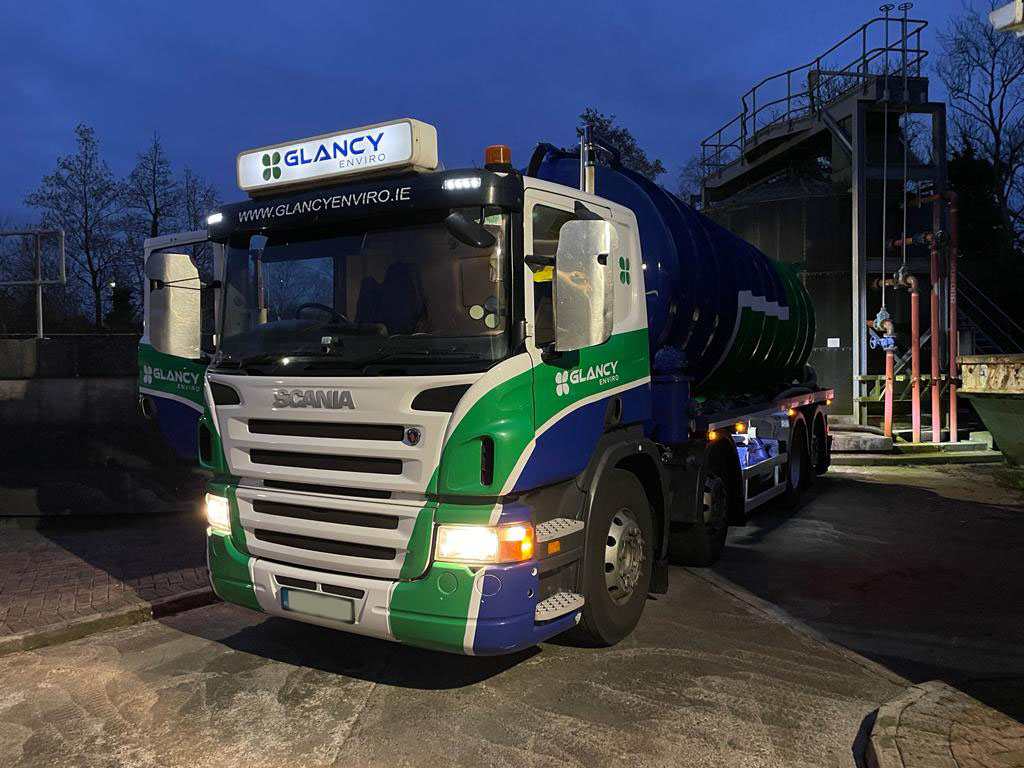How Reclaim Waste can Save You Time, Stress, and Money.
How Reclaim Waste can Save You Time, Stress, and Money.
Blog Article
4 Simple Techniques For Reclaim Waste
Table of ContentsReclaim Waste - The FactsThe Ultimate Guide To Reclaim WasteSome Known Facts About Reclaim Waste.Some Ideas on Reclaim Waste You Should KnowThe Definitive Guide for Reclaim WasteExamine This Report on Reclaim Waste

Never ever put damaging compounds down sinks, bathrooms or stormwater drains Materials consisting of petroleum, oil, oil, chemicals and herbicides, and solvents such as paint strippers need to not be put down sinks, commodes or stormwater drains pipes. These materials are difficult to get rid of in the sewage treatment procedure and trigger contamination problems in our neighborhood waterways.

Although liquid waste is a term that covers a broad selection of materials, there's a great reason that leaving its disposal to the specialists is advised. Liquid waste is non-solid product that has no additional use and needs to be treated and taken care of according to regional, state and government guidelines.
Indicators on Reclaim Waste You Should Know
Examples of fluid waste can consist of wastewater, fats, oils or oil, made use of oil, liquids, solids, gases or sludges and hazardous family liquids, there are some that are thought about to be a lot more hazardous than others when it comes to the environment and the wellness of animals and human beings alike. It's for this reason that each state and territory have stringent policies connected to liquid waste administration.
Fluid waste can be saved in holding storage tanks or packaged in drums, intermediate bulk containers or approved tiny containers before either being dealt with or removed using outsourced vacuum trucks. Provided the nature of the products, liquid waste can not go in the basic waste stream and there are rigorous policies on exactly how to dispose of it correctly.
(https://trello.com/w/reclaimwaste1/)Relying on a resolution of the degree of danger, it may be required to remediate those websites. Furthermore, dangerous fluid chemical wastes are regulated waste and needs to be tracked based on the state waste regulations. Under the chain of wardship and obligations, proprietors are liable and liable for waste created by a business.
Among the core applications for superabsorbent polymers (SAPs) is fluid waste solidification. industrial wastewater treatment. SAPs are utilized by waste management professionals to protect against potentially harmful liquids from entering waterways, groundwater aquifers, and various other delicate settings. Because fluids can swiftly transport contaminants into environmental receptors and possibly add to geotechnical failings, liquid wastes are generally restricted from disposal in landfills
Little Known Facts About Reclaim Waste.
Generally, cost-free fluids are liquids that separate from the strong portion of waste product. Fluid waste can include the following: HDD mud and cuttings Landfill leachate Wastewater treatment sludge & biosolids Dug up debris Oil and gas drill cuttings Working out pond filth Hydro Excavation slurry Coal burning residuals/ash Storage tank base sludge Concrete grinding/polishing slurry Relevant Post: For a practical instance of totally free liquids dividing from waste product, think about the adhering to scenario: A waste monitoring professional loads a dump truck with sludge from a wastewater therapy plant's aeration basin, during a regular upkeep event.
Nevertheless, when the chauffeur reaches the land fill, he notifications water leaching from the sludge and putting from the dump vehicle. The load was declined by the landfill and the motorist was required to throw away the waste as a fluid waste at a special center, which increased the disposal costs tremendously.
We likewise need to be accountable for the proper disposal of our waste products. It is not enough that we click here to read pay waste disposal firms to take treatment of our rubbish.
The Ultimate Guide To Reclaim Waste

The dreamland is a good exterior space with a lot of sunlight and air. Segregate your waste. Segregating your waste can begin inside the home. Segregate completely dry and liquid waste as well as edible waste, naturally degradable and non-biodegradable materials. Constantly maintain the cover on your containers to avoid insects, worms, flies, and undesirable smells.
You can make use of old trash bin, container, garden pot or old plastic drums. Drill four to five openings in the container so the air can flow. Layer all-time low with soil to absorb the wet waste. Begin the composting process. Layer the garden compost with wet and completely dry waste as well as soil to preserve a balance in between the wet and the dry.
What Does Reclaim Waste Do?
Cover the garden compost container. Once a week, add soil on top of the compost. To help with faster disintegration, you can additionally include semi composted dirt to the garden compost. Keep the compost. If you observe the smell is ending up being also solid, include extra papers and paper waste or include even more holes to the compost bin to maintain the balance of the waste materials.
We additionally require to be accountable for the appropriate disposal of our waste products. It is not enough that we pay waste disposal firms to take treatment of our rubbish.
Our waste, our obligation. Have you ever before wondered what takes place to your fluid waste after it's accumulated? Did you recognize that fluid waste can be recycled?
The Ultimate Guide To Reclaim Waste
The optimal location is a great exterior space with lots of sunlight and air. Segregate your waste. Segregating your waste can start inside the home. Set apart completely dry and fluid waste as well as edible waste, eco-friendly and non-biodegradable products. Constantly keep the lid on your bins to stay clear of pests, worms, flies, and unpleasant smells.
You can use old trash can, container, yard pot or old plastic drums. Drill 4 to five openings in the container so the air can flow. Layer all-time low with dirt to absorb the wet waste. Begin the composting procedure. Layer the garden compost with damp and completely dry waste as well as dirt to maintain a balance between the wet and the completely dry.
To assist in faster disintegration, you can also add semi composted dirt to the garden compost. If you see the odor is ending up being also solid, add additional newspapers and paper waste or include even more openings to the compost container to maintain the equilibrium of the waste products.
Report this page